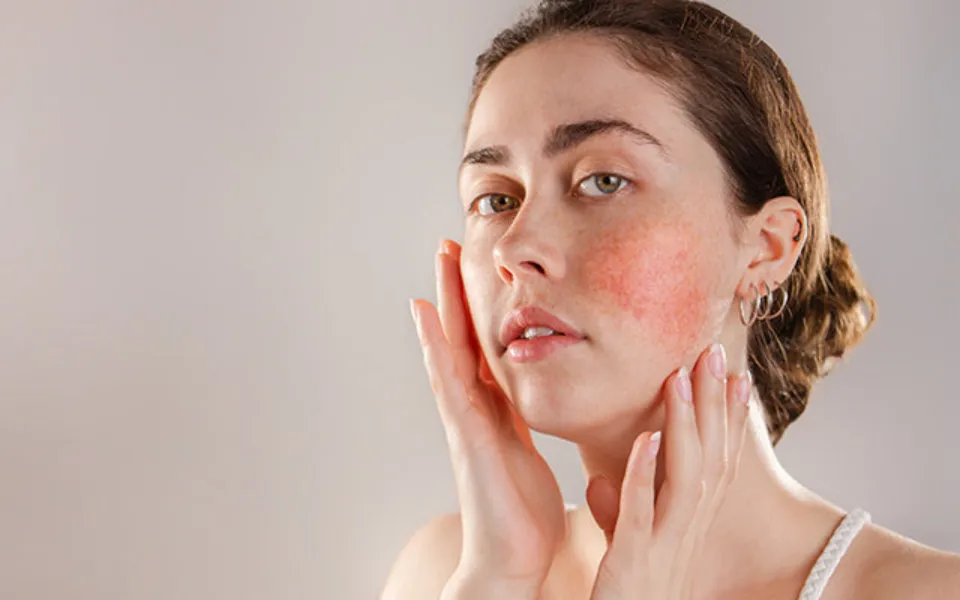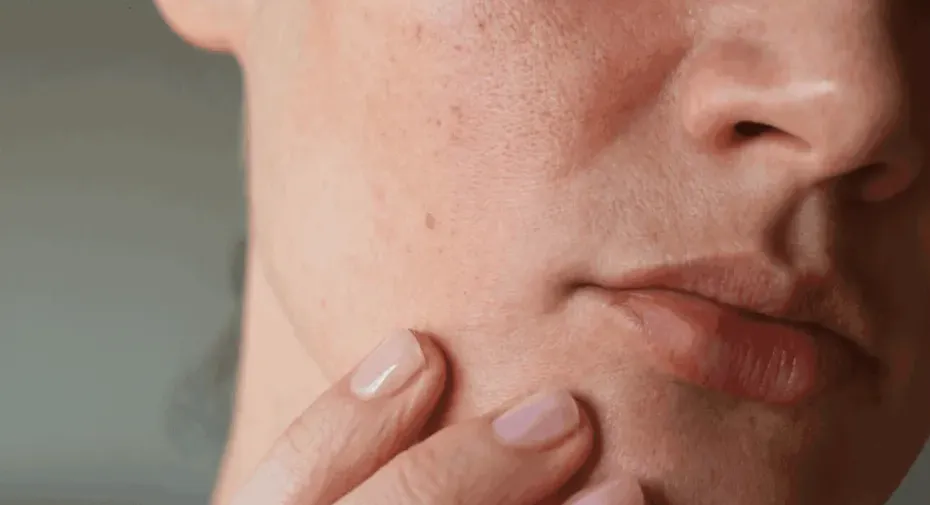All of your body is covered in skin. It is therefore challenging to ignore when it is agitated. Do you know what is sensitive skin exactly?
Sensitive skin is a common condition which means your skin is more prone to reactions such as redness and itching.
There are many ways to treat sensitive skin, from prescription and over-the-counter creams to discontinuing the use of a product that’s causing a reaction.
The ways to identify sensitive skin, potential causes, and treatments are covered in this article.
What is Sensitive Skin?
Sensitive skin is a common issue but not a medical diagnosis by itself. Skin inflammation, irritation, and discoloration may occur more frequently in individuals with sensitive skin.
Chemicals, dyes, and fragrances present in products that come into contact with the skin can cause local reactions in people with generally sensitive skin.
Additionally, clothing or friction may cause rashes or irritation. Some people may experience skin reactions if they are allergic to a certain substance.
What Are the Symptoms of Sensitive Skin?

Sensitive skin can look like the following:
- Red, swollen and itchy skin
- Skin redness that presents with or without swelling
- Skin that stings or burns
- Rashes or hives
- Dry skin that may crack, blister or bleed
- Patches of skin that feel dry, hard and leathery
Skin sensitivity symptoms can appear in a variety of ways, depending on the underlying cause.
Causes of Sensitive Skin
In many cases, having sensitive skin is generally not a cause for serious concern, as it likely stems from a minor allergy or underlying skin condition
Natural Disposition
If a person has sensitive skin with no underlying health condition, their skin may become irritated more easily.
Many people experience irritation after exposure to:
- Sunlight
- Heavy winds
- Very cold temperatures
- Very hot temperatures
A person with sensitive skin may also be more likely to experience reactions from skincare items, makeup, or particular clothing.
The symptoms of sensitive or reactive skin may appear in numerous ways, including:
- Eczema
- Hives
- Patches of redness
- Rashes that may itch, sting, or burn
- Itching, stinging or burning without a visible rash
- Sunburns
Contact Dermatitis
Inflammatory skin reactions that occur when something touches the skin are referred to as contact dermatitis.
There are different types of contact dermatitis, such as such as allergic contact dermatitis and irritant contact dermatitis
Dry Skin
Dry skin can also be sensitive, and vice versa. As the skin begins to lose the protective moisture and fat that prevent drying out, the skin has a tendency to become more sensitive.
On exposed body parts like the hands, face, and arms, such as the arms, dry skin may be more likely to develop.
Read More:
Rosacea
Rosacea patients frequently have facial redness and visible blood vessels. Some people may experience a rash of tiny, pus-filled bumps on the skin.
Rosacea can come in many forms and present with a wide range of symptoms. This may include rashes that resemble acne and redness, flushing, itchy, swollen eyes.
How to Treat Sensitive Skin?
If you have sensitive skin, the first step to better managing it is to prevent triggering it through everyday sensitive skin care tips:
- Avoid taking very hot showers
- Choose sensitive skin body wash, face wash, and moisturizer, as well as sunscreen formulated for sensitive skin
- Avoid perfumes
- Avoid scented beauty products and laundry detergents
- Apply moisturizer regularly to prevent dry skin
Taking these steps is often all that’s needed to help ease and avoid irritant contact dermatitis and mild allergic contact dermatitis.
You Might Also Like: How to Exfoliate Sensitive Skin?
The Bottom Line: What is Sensitive Skin
Usually, having sensitive skin is not a sign of a serious skin condition. Simply put, some people are more sensitive to skin-contact products than others.
A variety of factors, including allergies or rosacea, can cause flare-ups.
Fortunately, there are numerous treatments. They consist of oral medication, over-the-counter and prescription creams, as well as quick fixes. By moisturizing and wearing sunscreen every day, you can care for your sensitive skin.
FAQs
Is Sensitive Skin Dry Or OILY?
The term “sensitive skin” is frequently used to refer to a variety of skin types, including normal, dry, and oily sensitive skin.
What Are the 4 Types of Sensitive Skin?
Naturally sensitive, environmentally sensitive, reactive, and thin.




